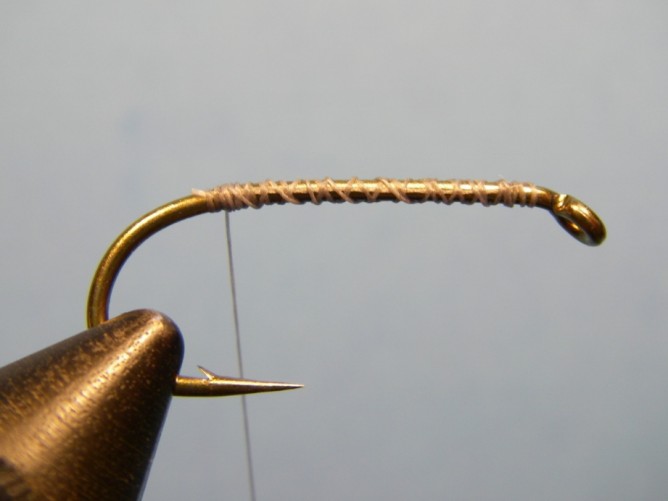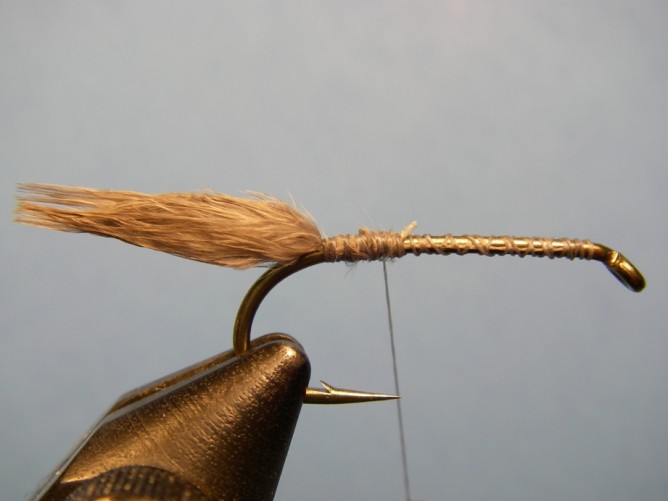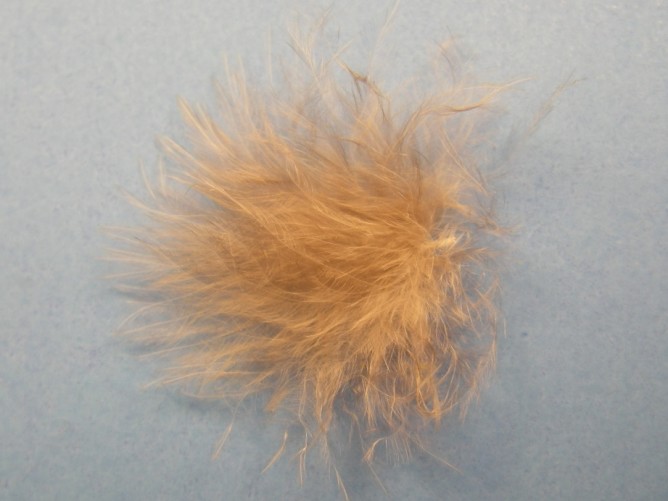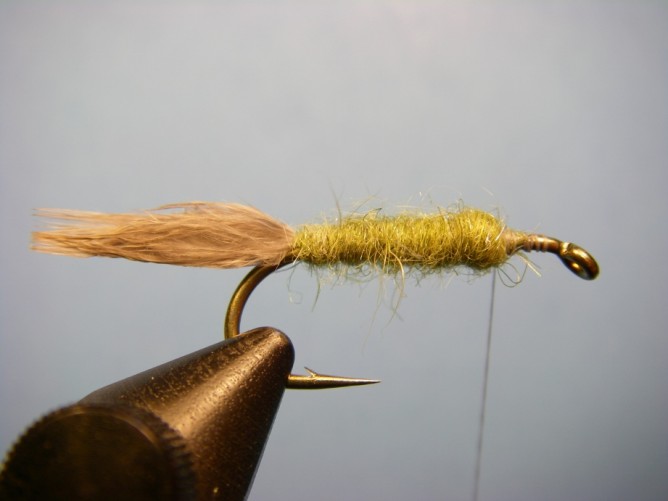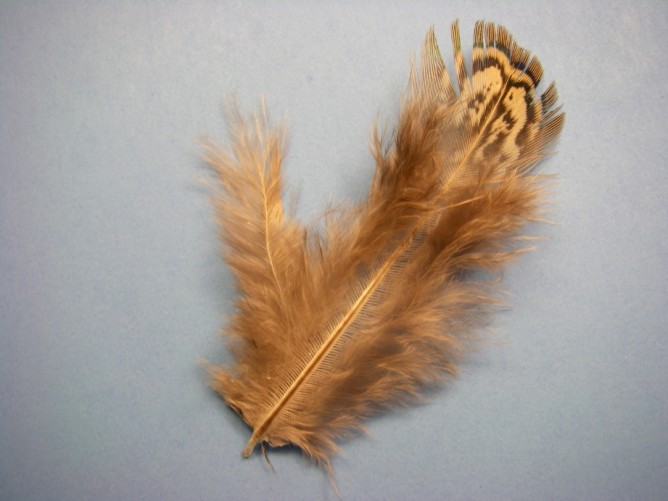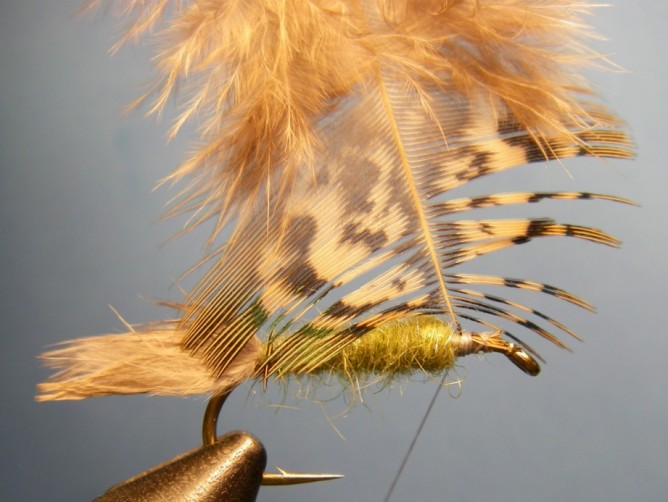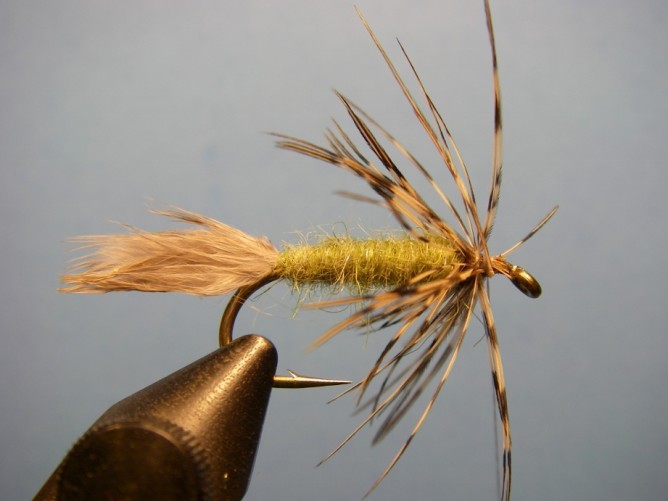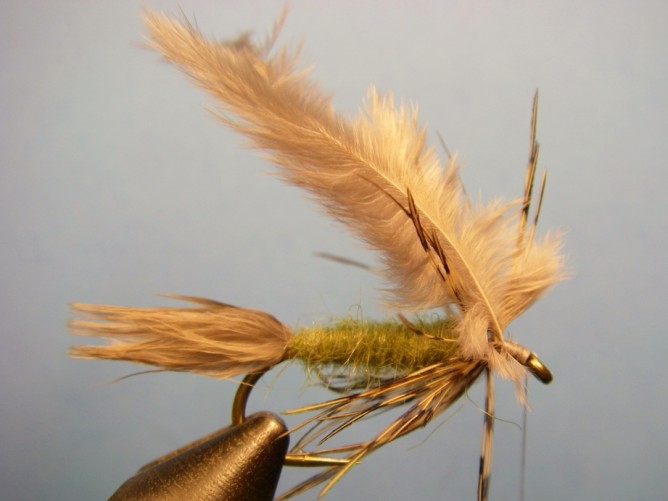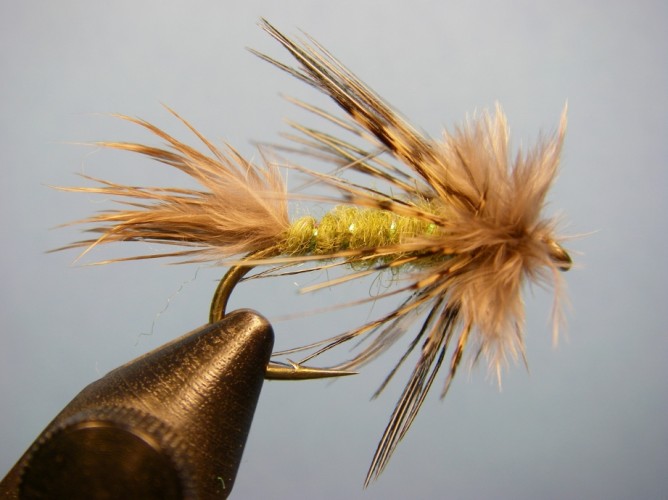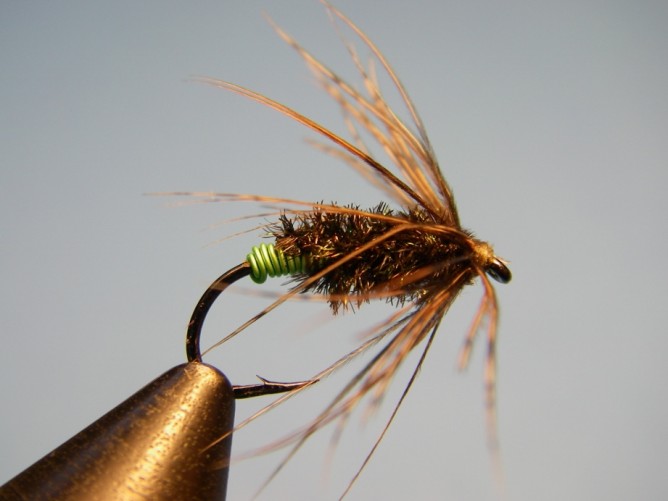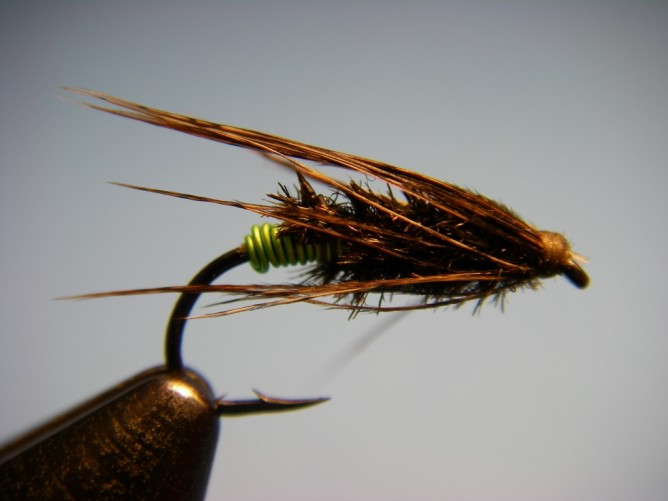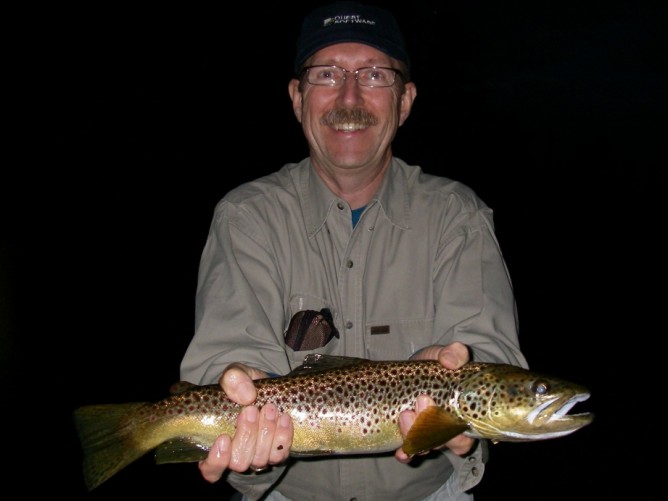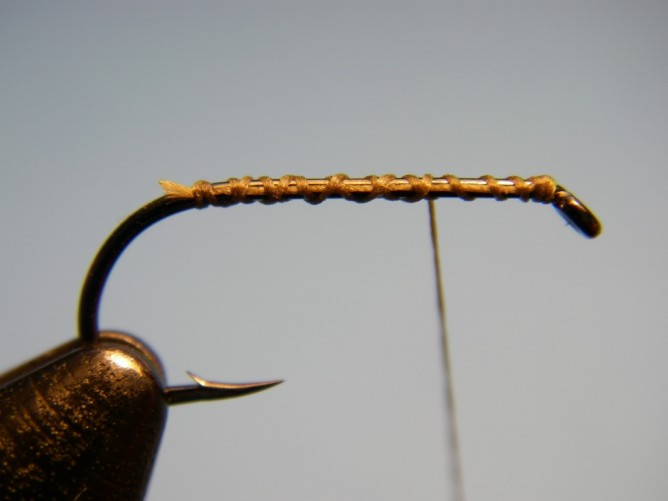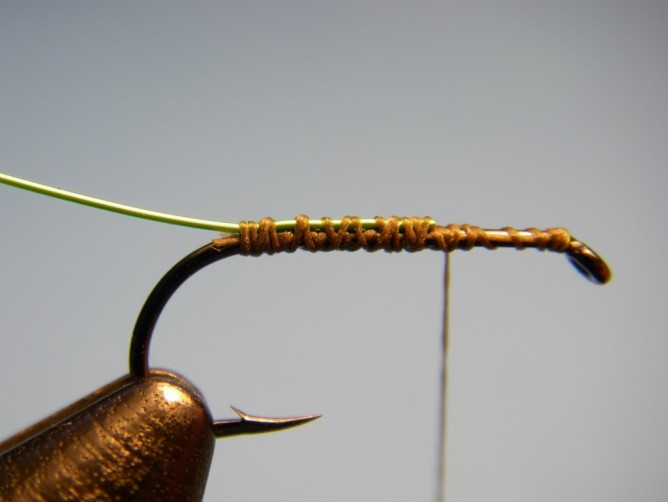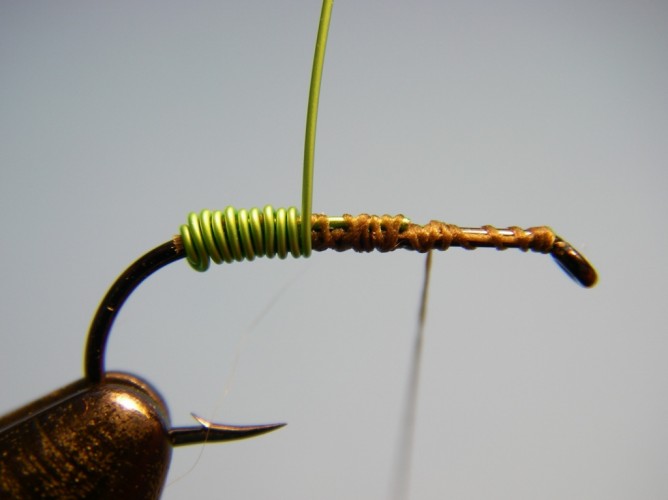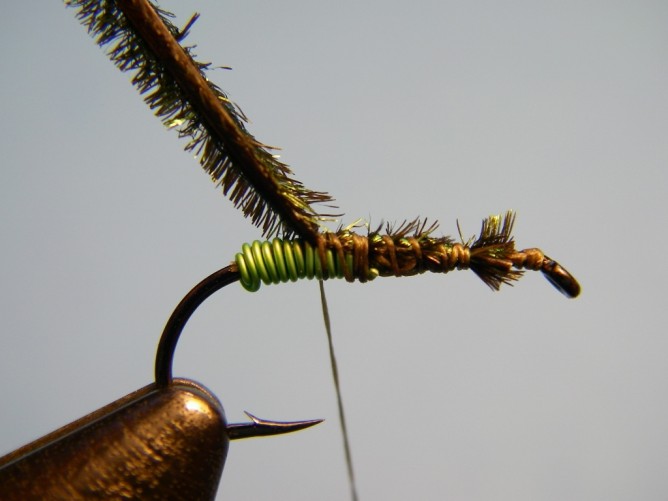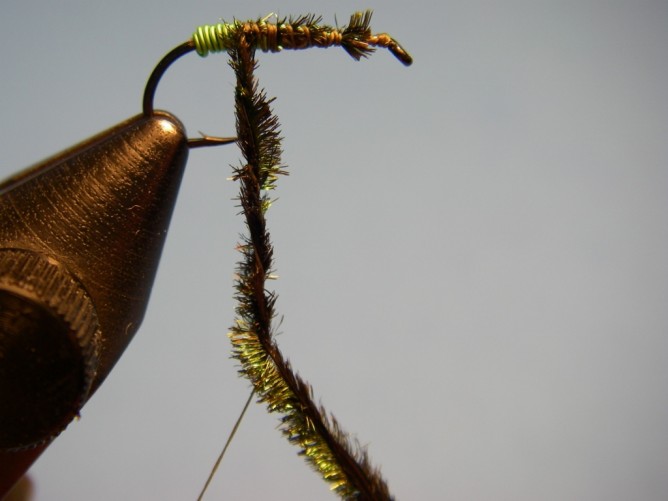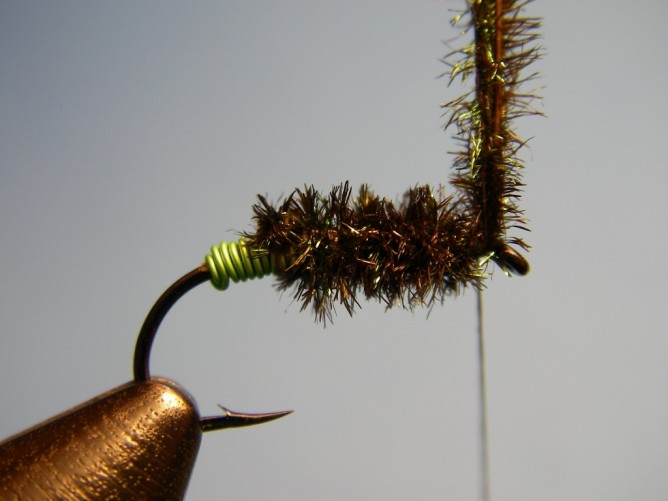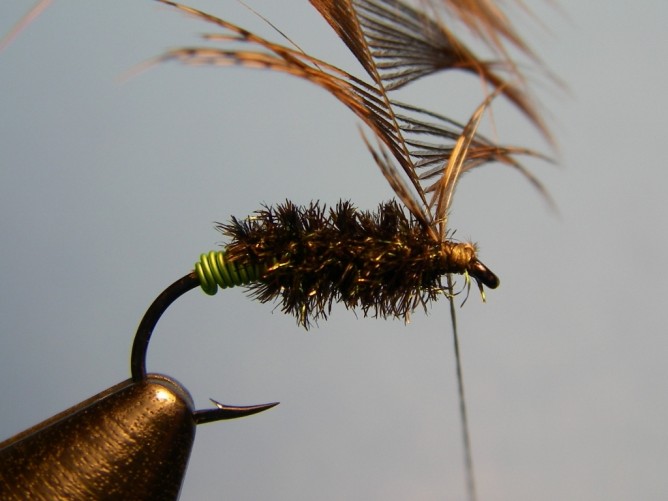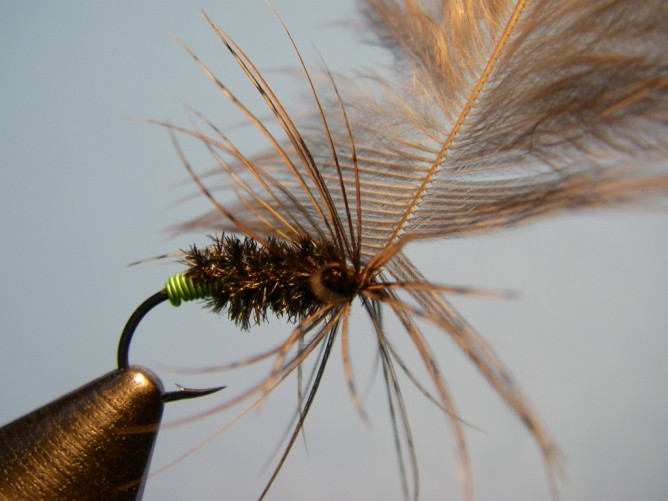Each spring we notice the days getting longer, the weather warmer and the fishing season rapidly approaching. But are you ready? What I notice year after year with the majority of returning clients is their casting skills improve only marginally if at all. Often after some casual conversation they reveal that they haven’t fished/practiced casting since the last time we were together . Most of the time they don’t need to tell me this, I can see it.
Just like an elk hunter doesn’t climb on top of a mountain to sight his rifle in on a herd – a fly fisher should have practiced and refined his cast so it goes where it needs to go when on the water.
While not everyone is a natural caster, everyone can improve – but you have to spend some time working on it. First, make it a goal. Second execute a plan. Here are some thoughts on how you can work towards a better cast:
Loop control. If you don’t know them already understand the mechanics of good casting and practice false casting with ever improving loop control.
Aim small, hit small. Just don’t cast – actually practice hitting a target. Some people use hula hoops, but dark patches of grass, yard flags, or even a stick work as something to aim for.
Cast short. In Michigan a lot of our trout fishing is closer than people think. Or practice. Try casting shorter distances with accuracy rather than showing off how far you can cast.
Practice what you fish. If you are likely to cast big or weighted flies, practice casting big or weighted flies. Casting dry flies requires different casting skills and approach.
Tie one on. Attach a bright, easy to see fly on the end of your leader and cut off the hook to eliminate hooking yourself.
Sporting clays/sporting flies. Bird hunters often practice shooting clay targets on a range where the targets fly in life-like situations. Practice casting similarly – put a target under a shrub or a tree – you know, where trout sometimes often lie.
Like the wind. Be sure to practice when it’s windy because it’s often windy when you’re on the water.
Lesson learned. FFF certified instructors are available for lessons and can flatten the learning curve – especially when you practice what they teach you.
Read about it. There are countless books on casting – consider reading more on the subject.
Movie star. After some practice, have someone take a video of you casting and evaluate yourself. With smart phones, this is easy to do.
Build muscle memory. Fly casting is more muscle control than it is muscle and power application. Helping the body develop muscle control/memory can be achieved by practicing often but for very short periods of time. Some people find keeping a rod rigged up where they can go into the yard or neighborhood park for 15 min. makes practicing easy. One customer last year said it was a great way to decompress after work – and it was evident on the water that he practiced!
Dedicate a line. If you replace your fly line, use the old one as a dedicated practice line. This keeps your new line in optimum shape. Or check out the discounted fly lines at your local shop.
Good casting and the ability to put a fly in front of a feeding fish or likely fish holding spot is crucial. If you can’t put the fly where and how it needs to be, your success rate will typically go down as your frustration goes up.
There are enough variables in fly fishing to work through, why not control the few you can? Show up to the water a better caster and a better angler.

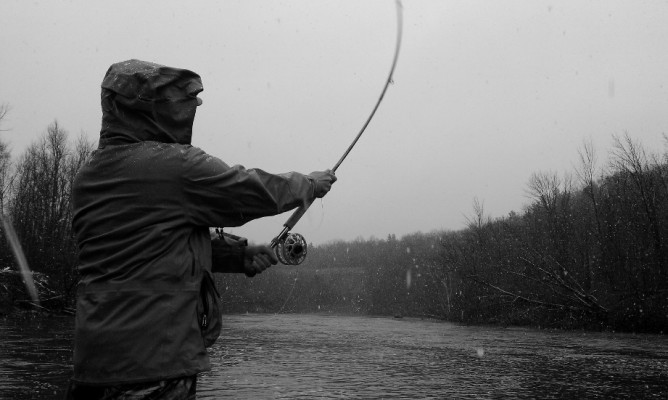
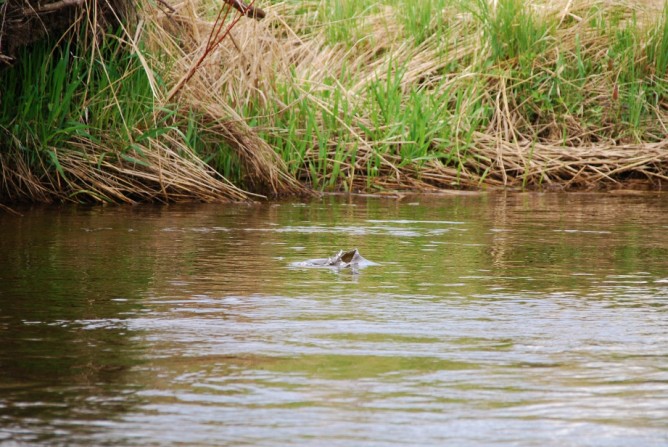
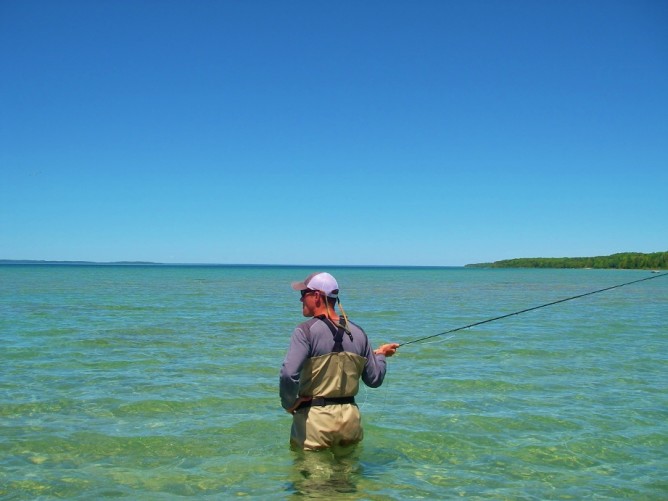
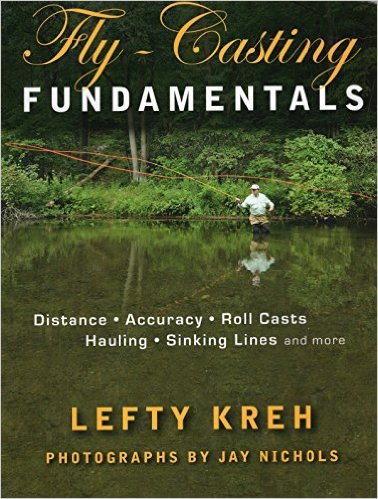
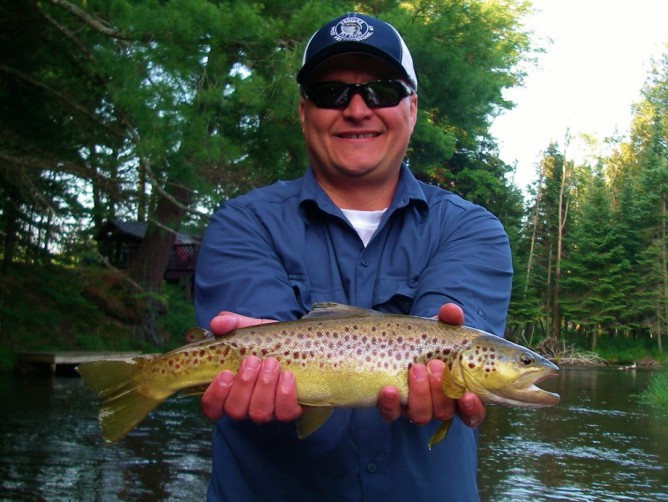
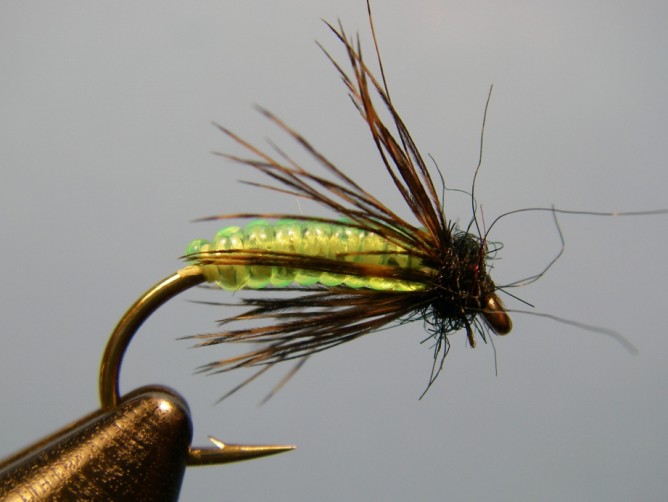
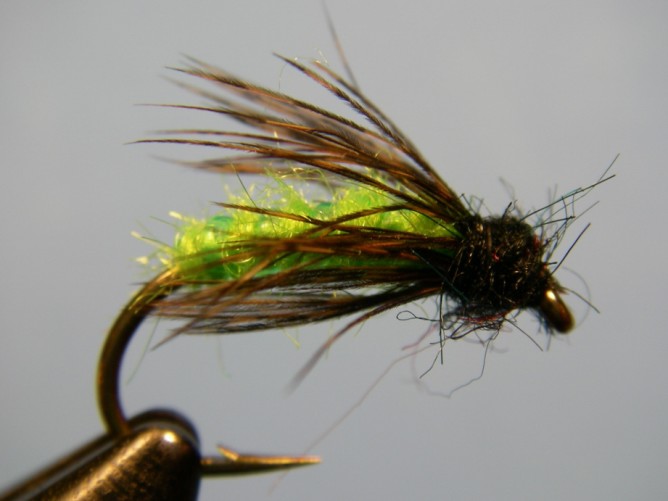
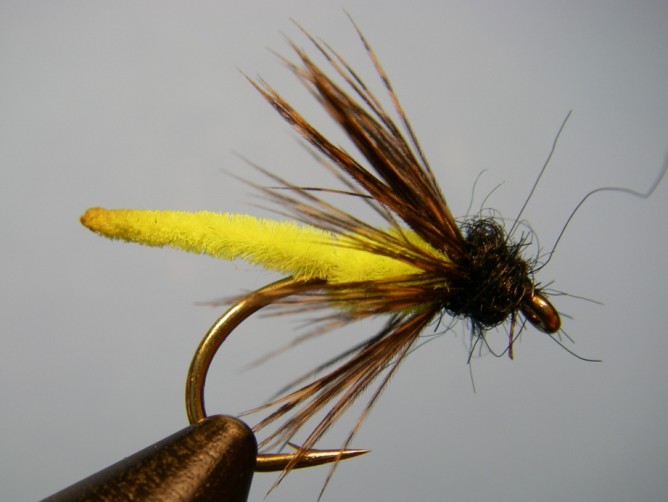
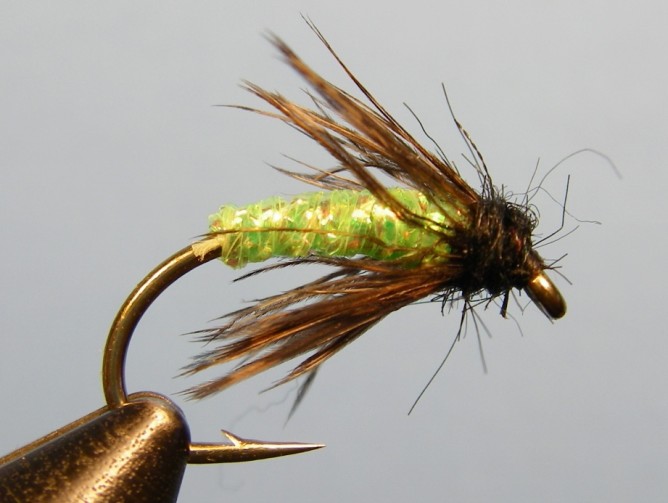 Diamond Braid Green Caddis
Diamond Braid Green Caddis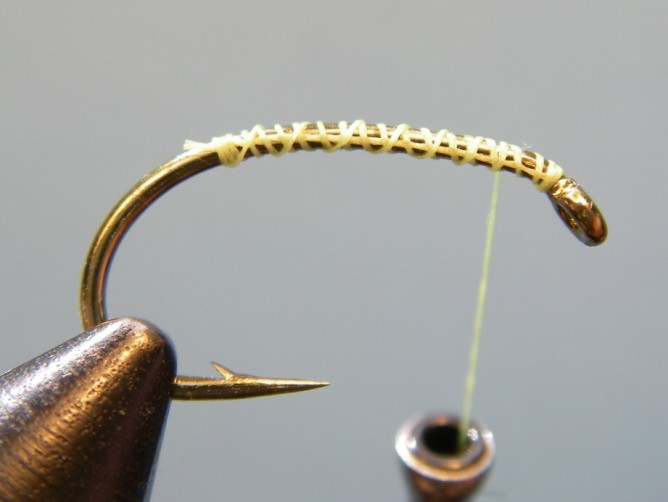
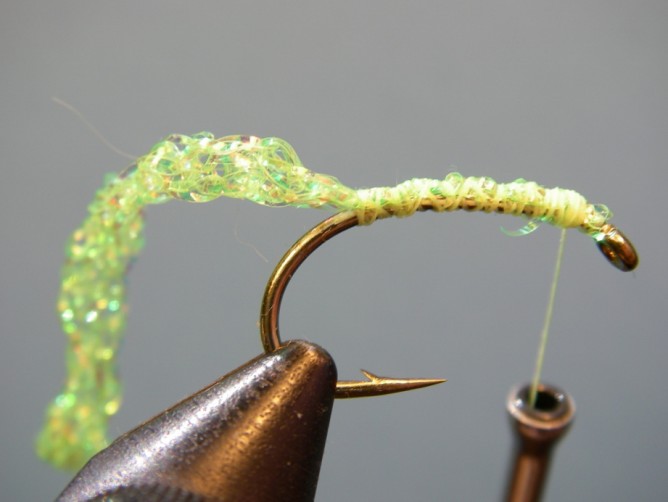
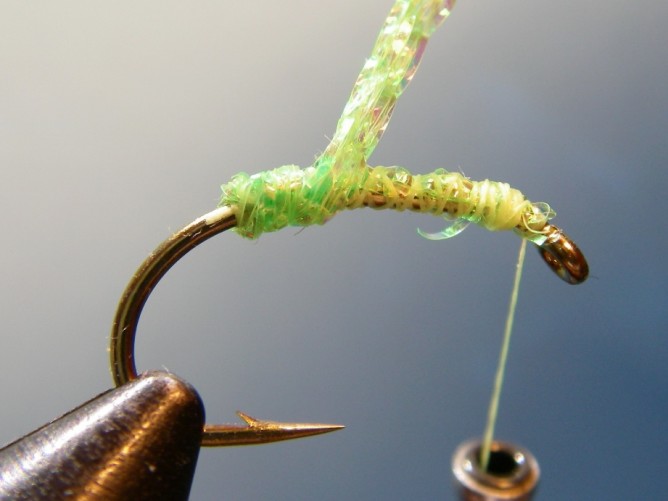
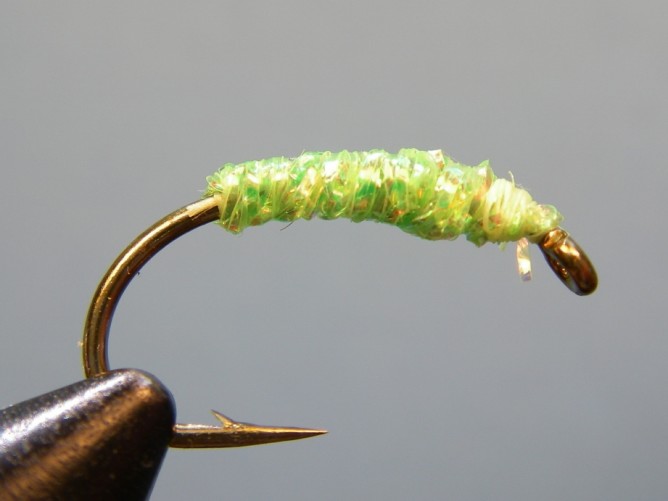
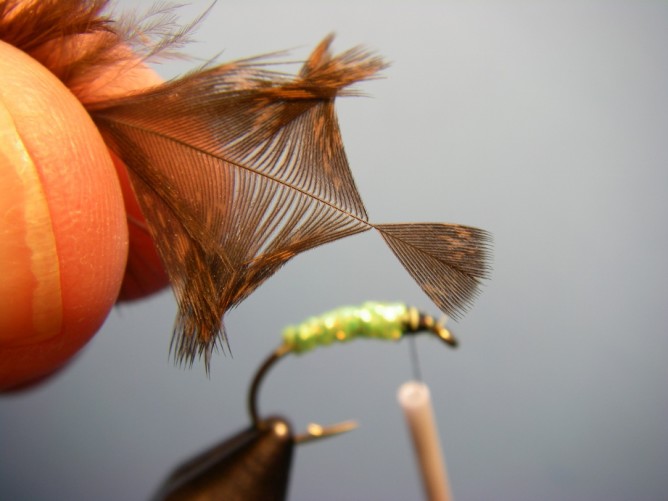
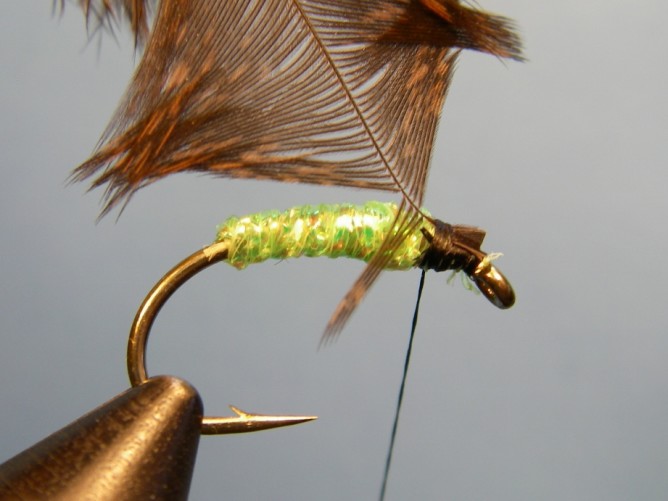
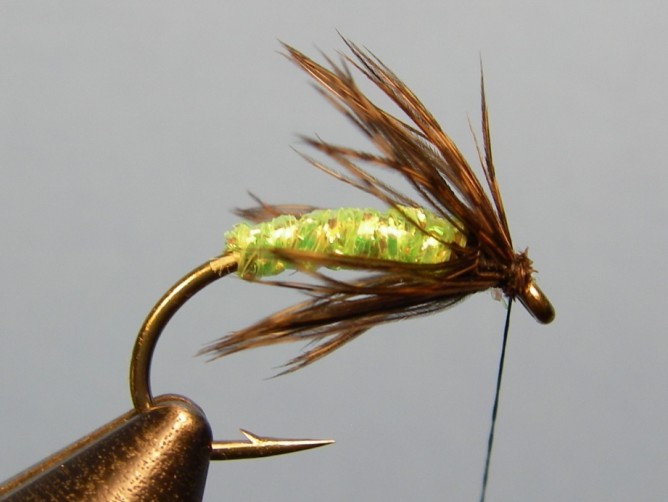
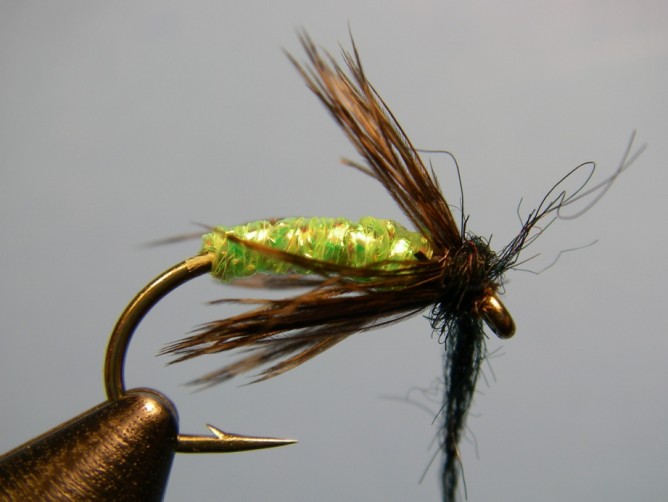
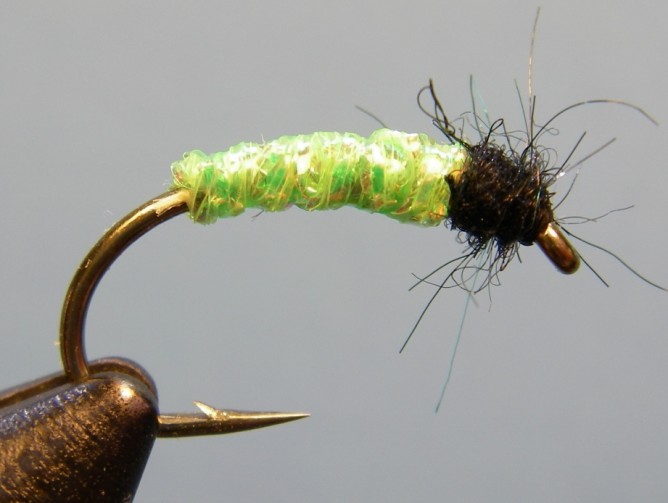
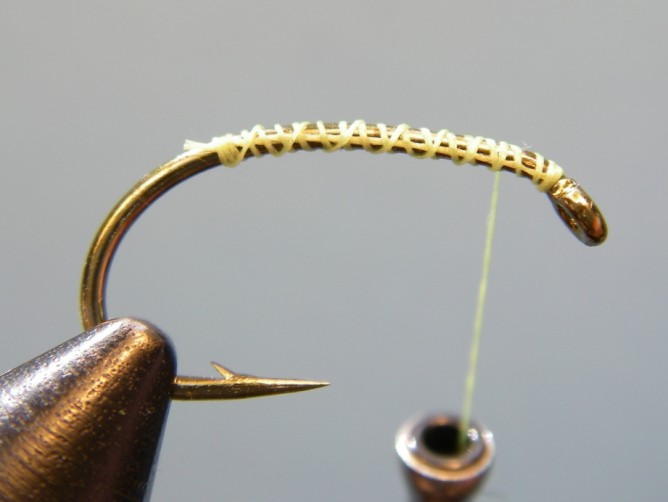
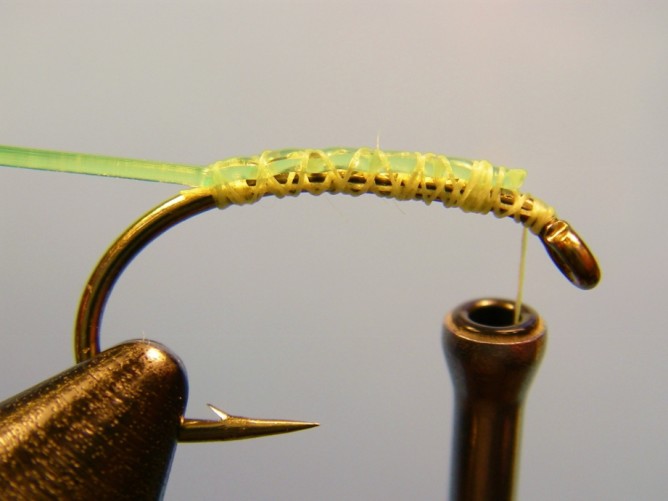
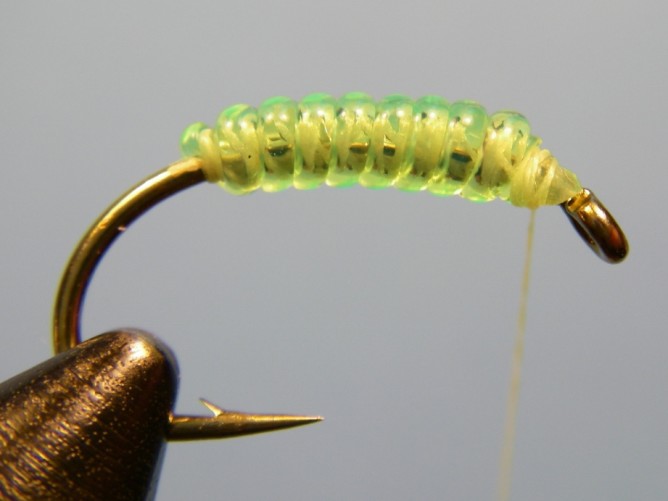
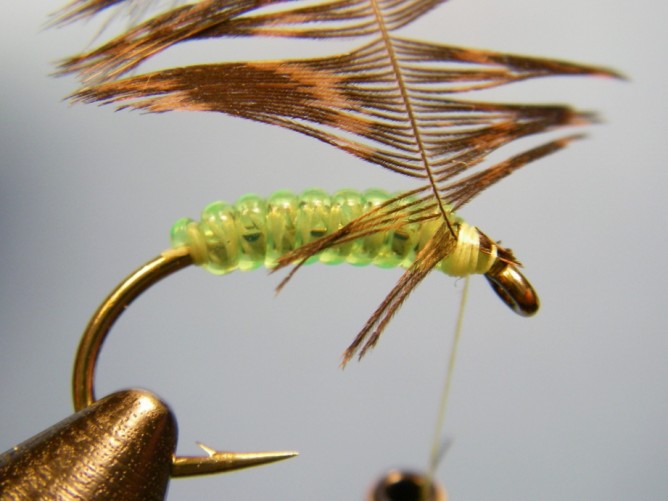
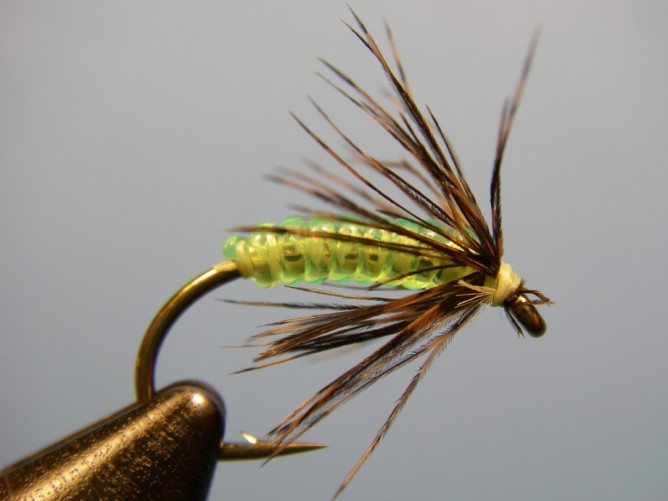
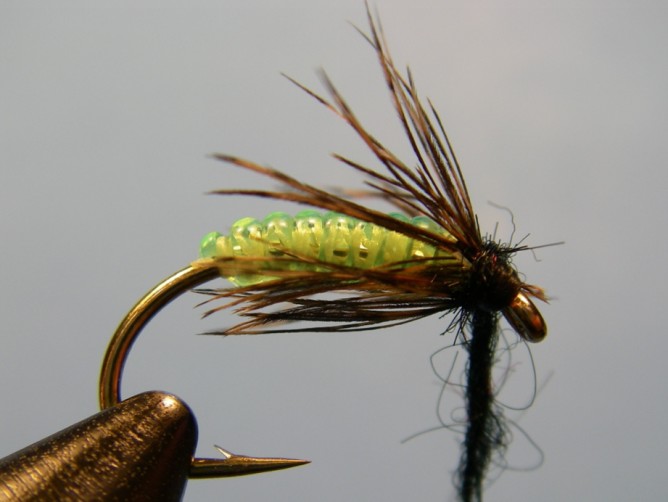
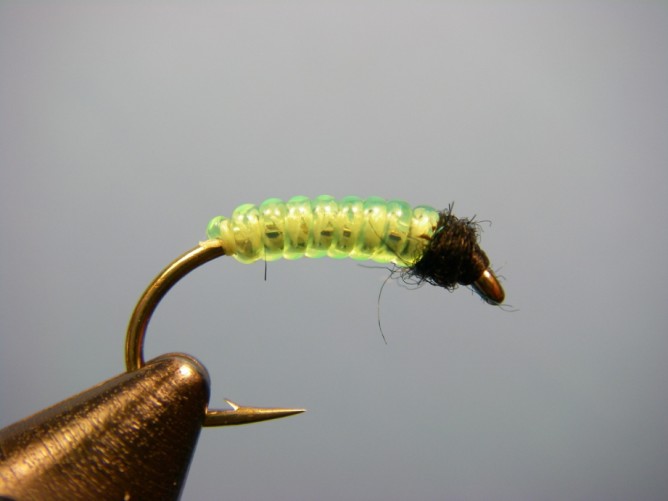
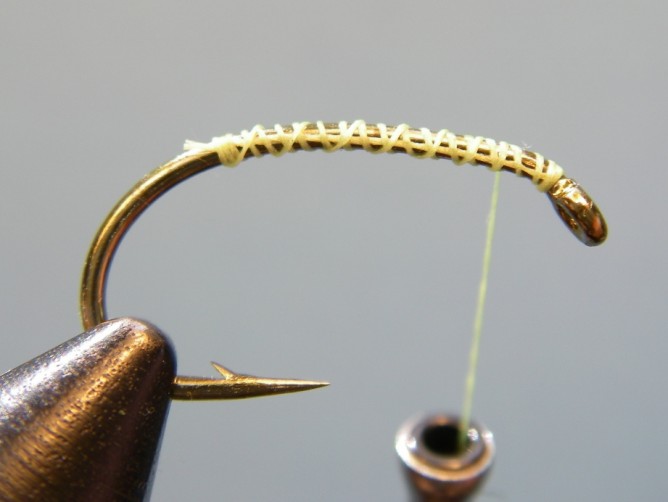
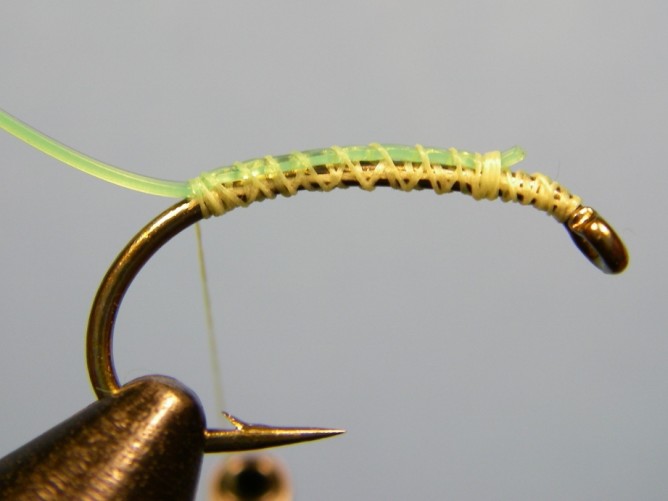
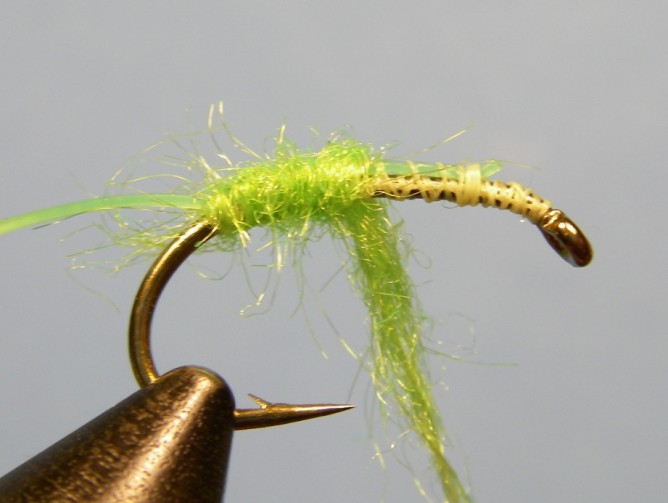
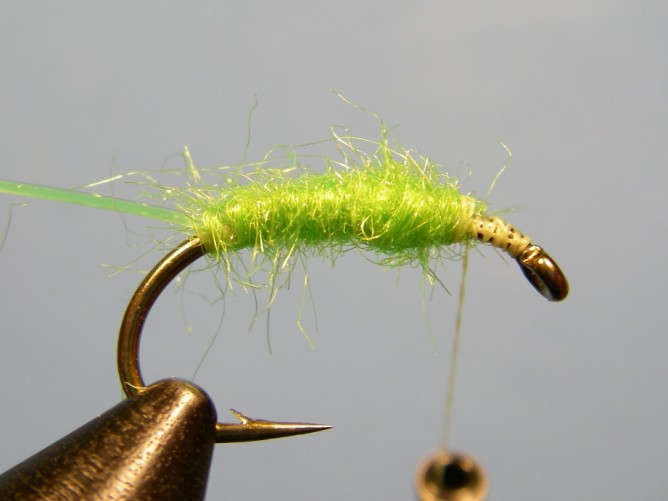
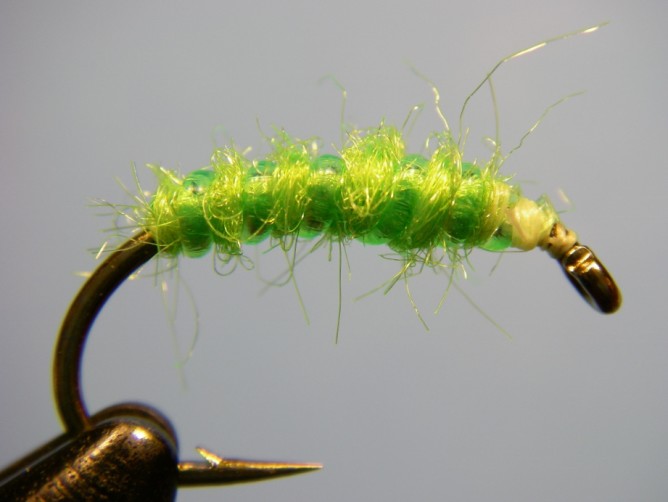
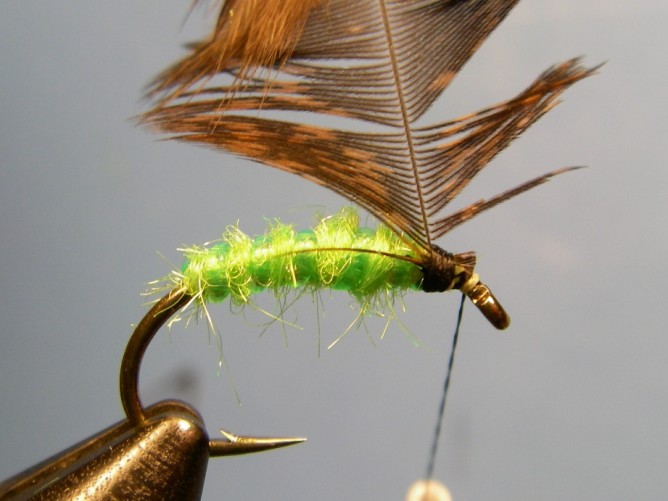
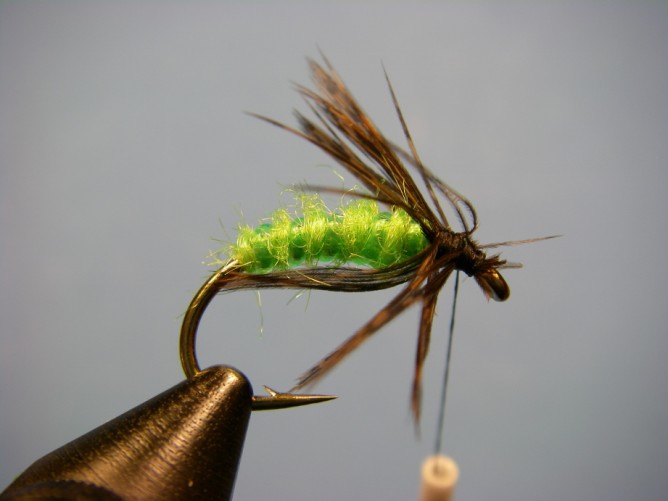
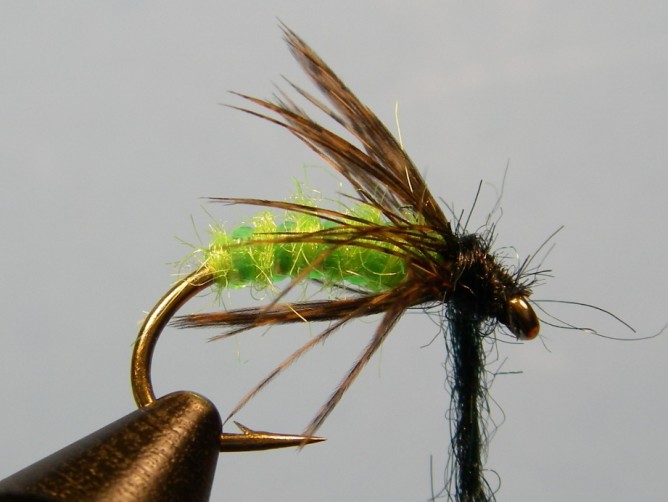
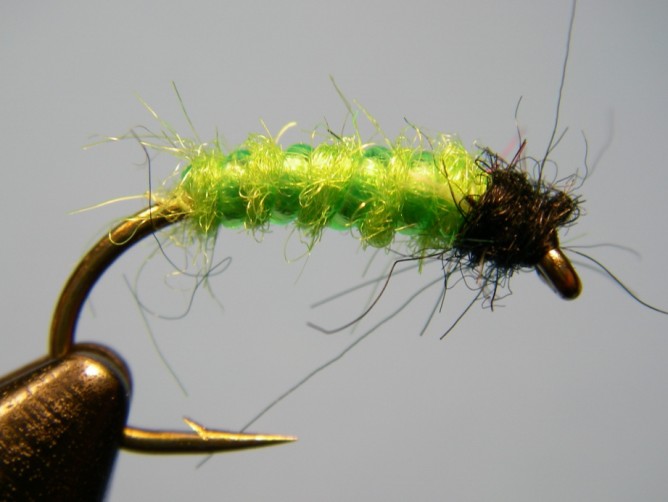
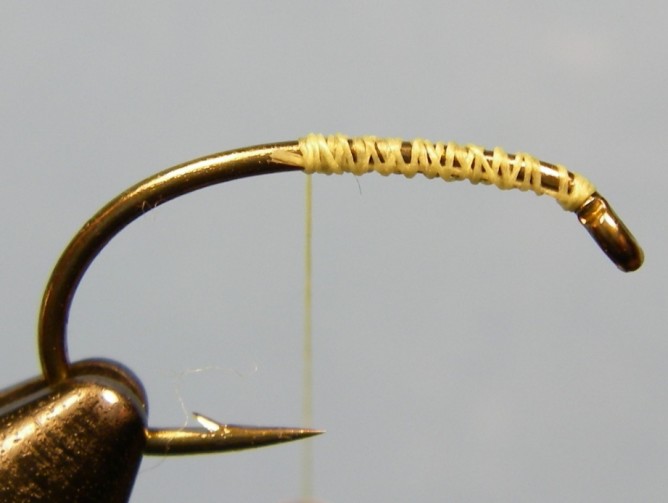
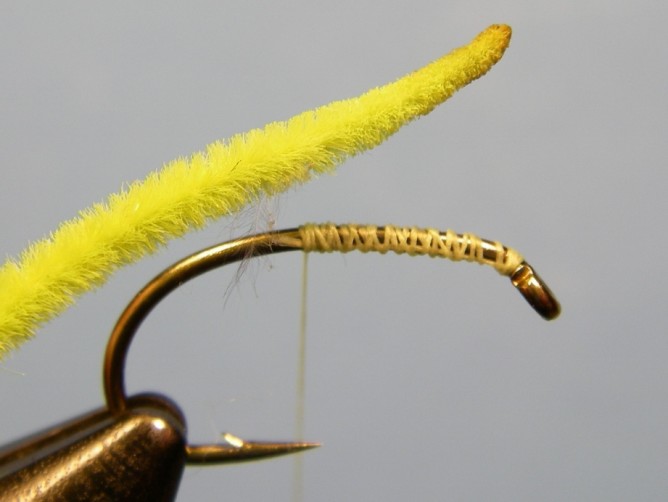
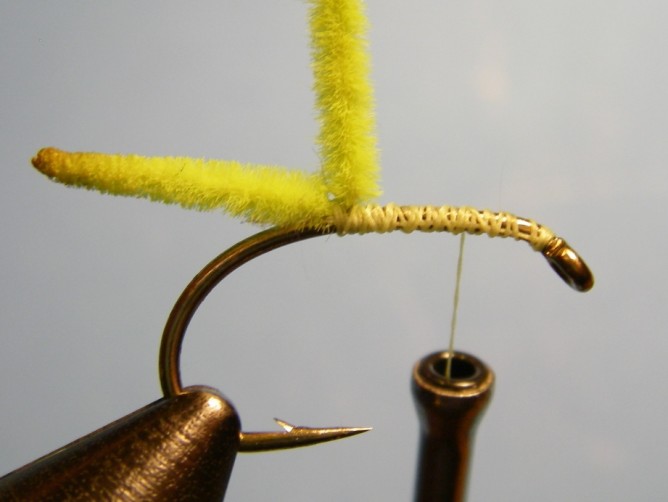
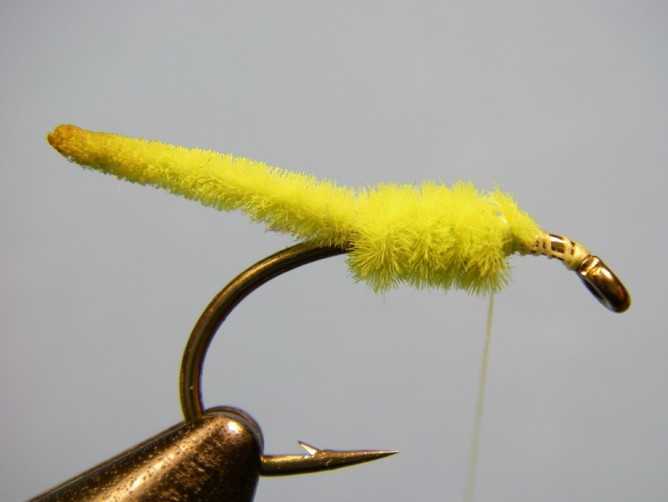
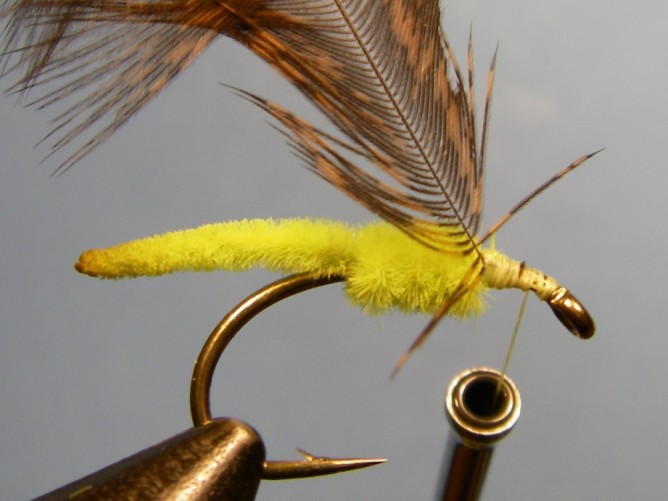
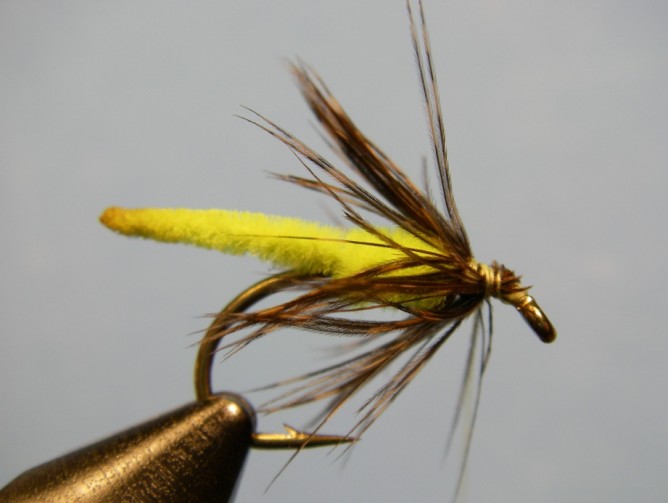
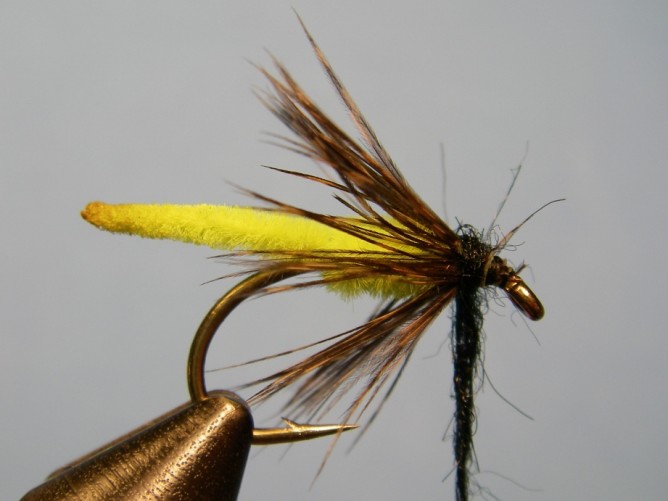
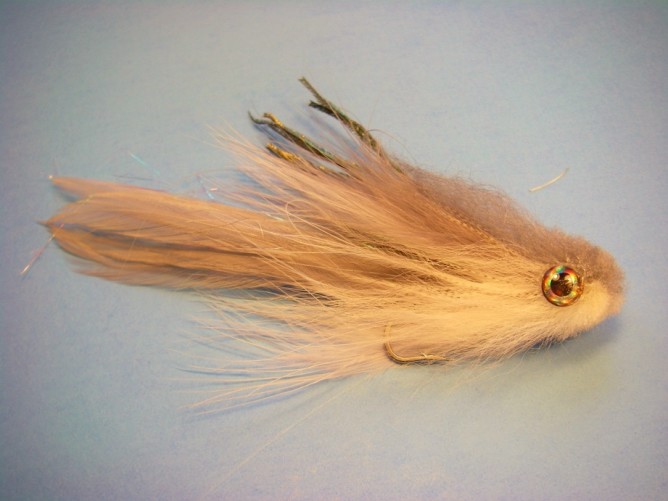
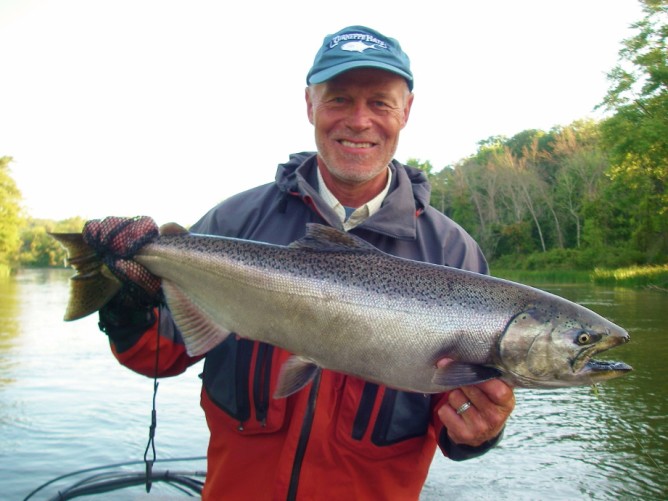
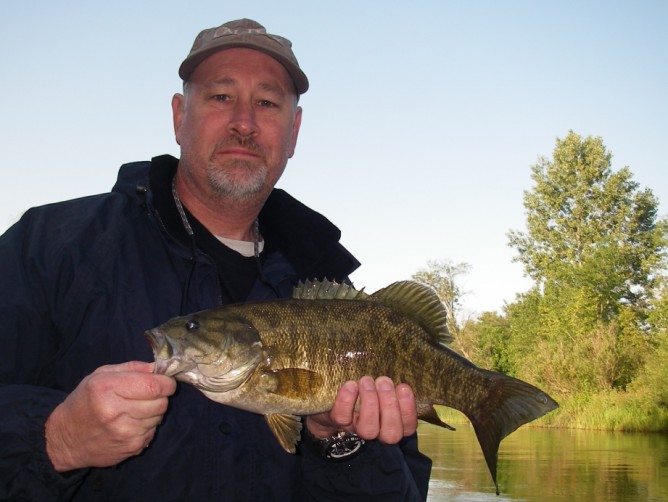
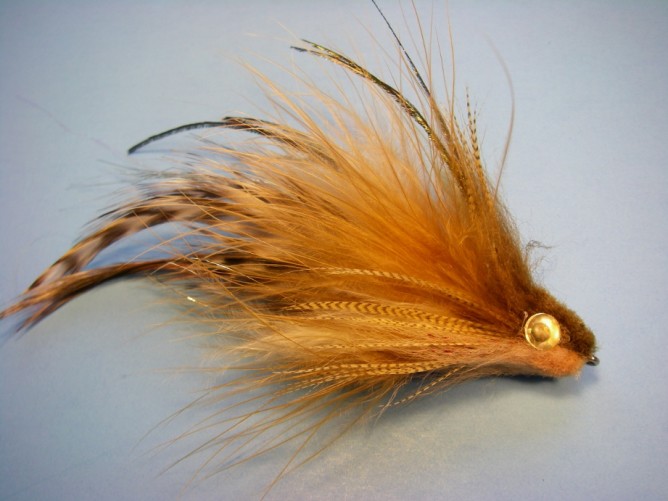 Hook: Mustad S74SNP #1
Hook: Mustad S74SNP #1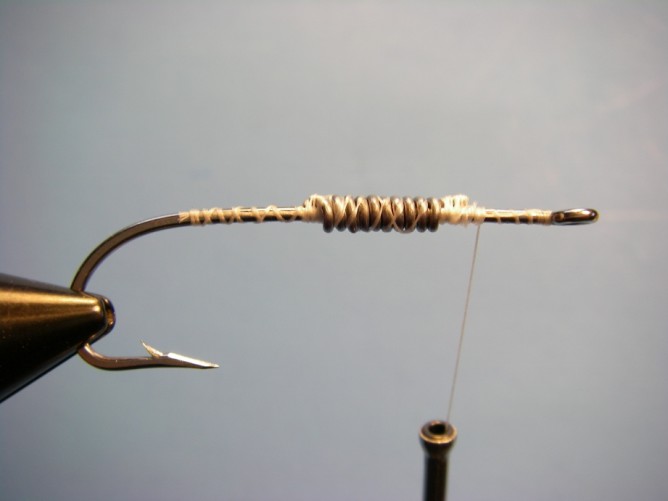
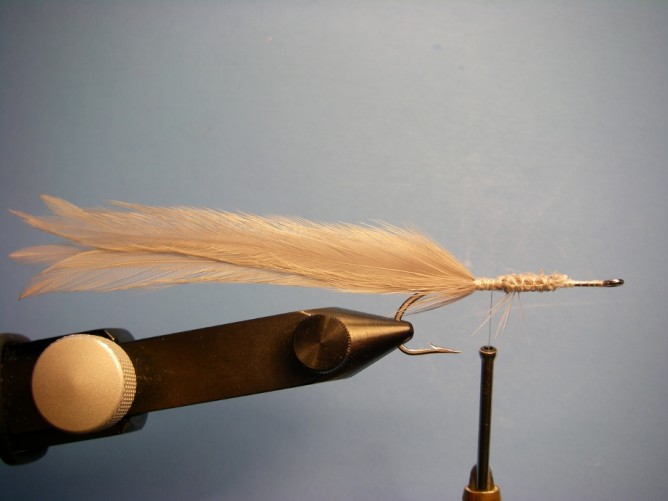
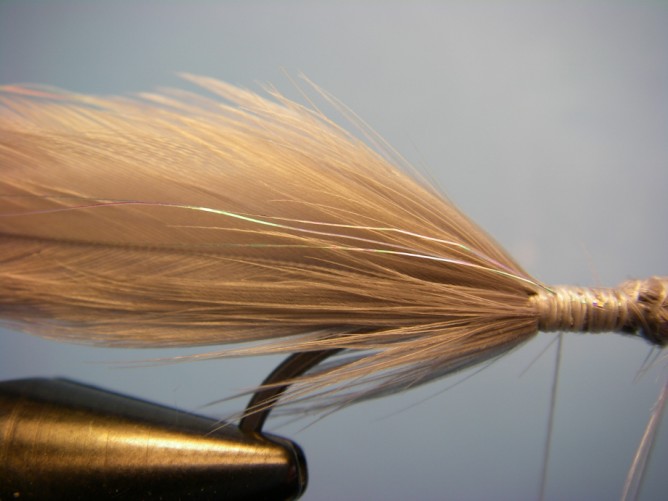
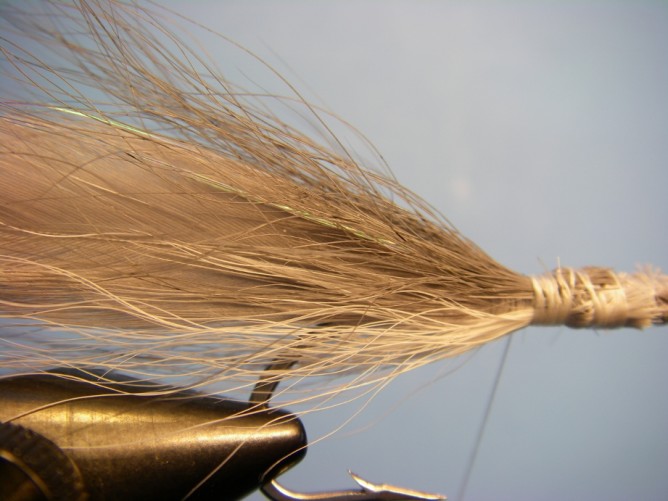
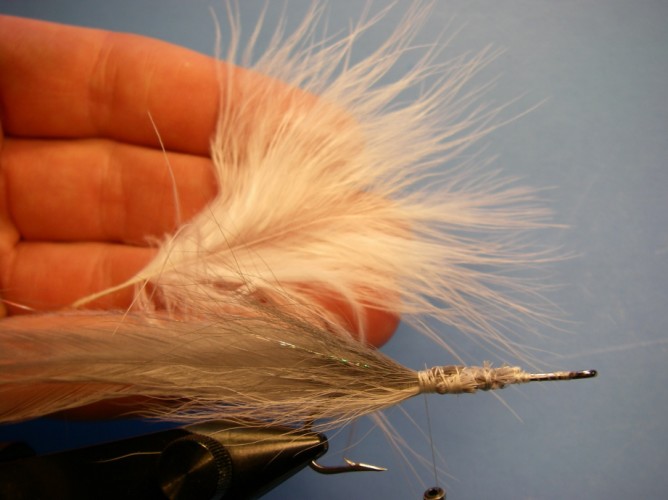
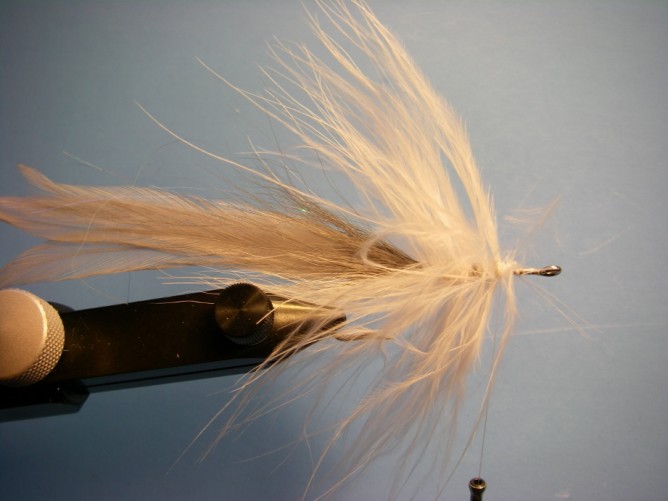
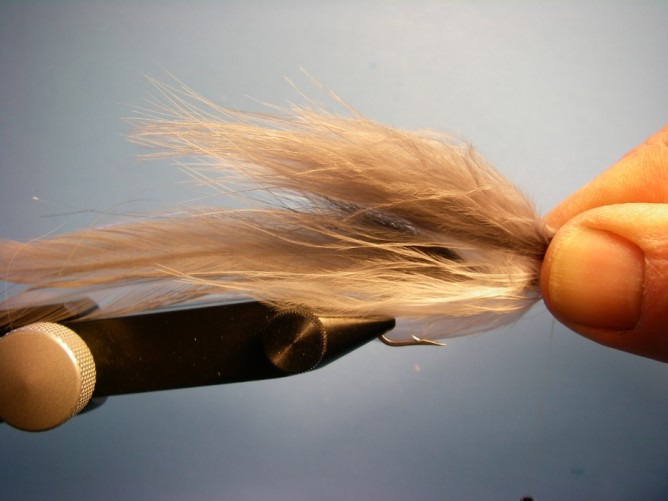
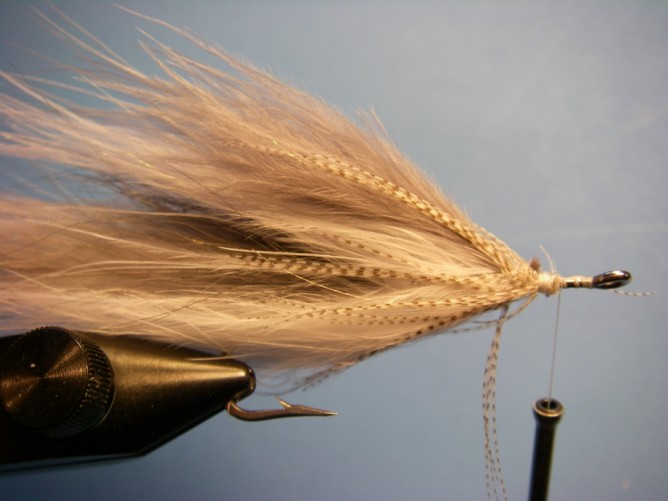
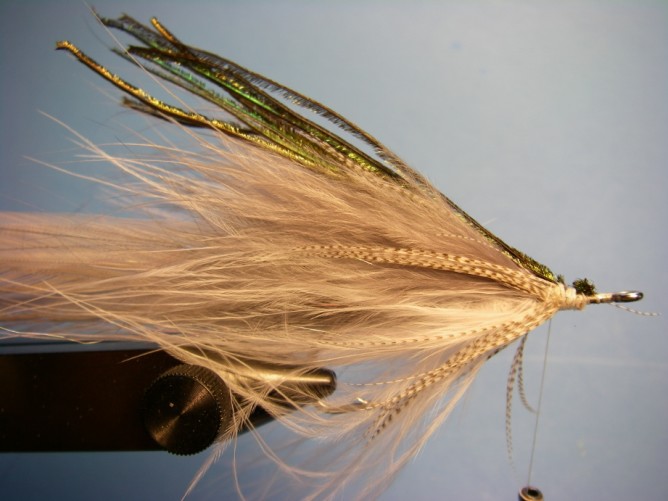
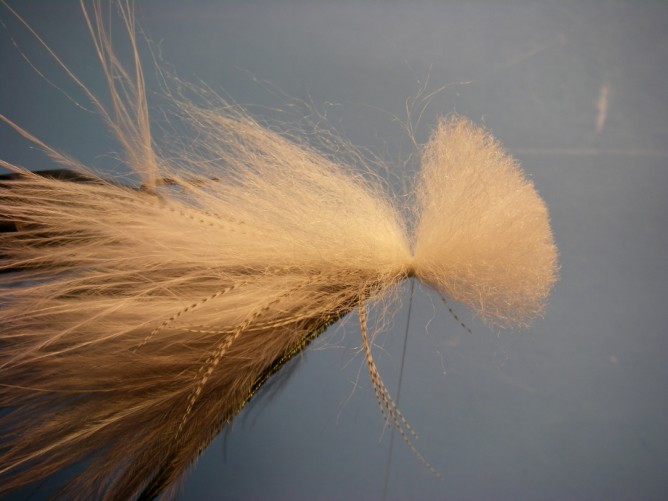
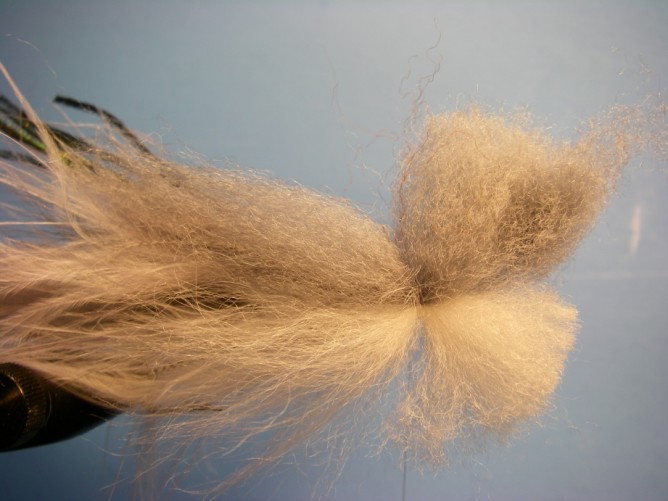
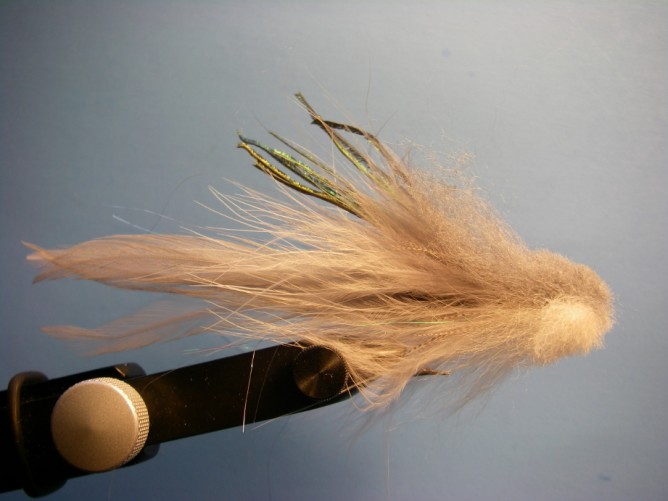
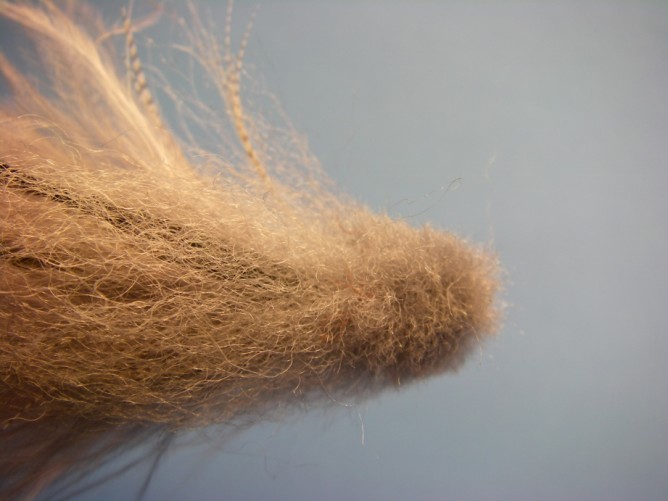
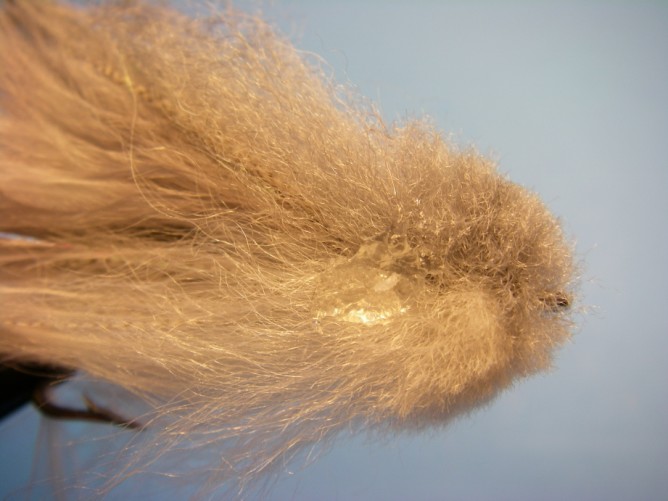
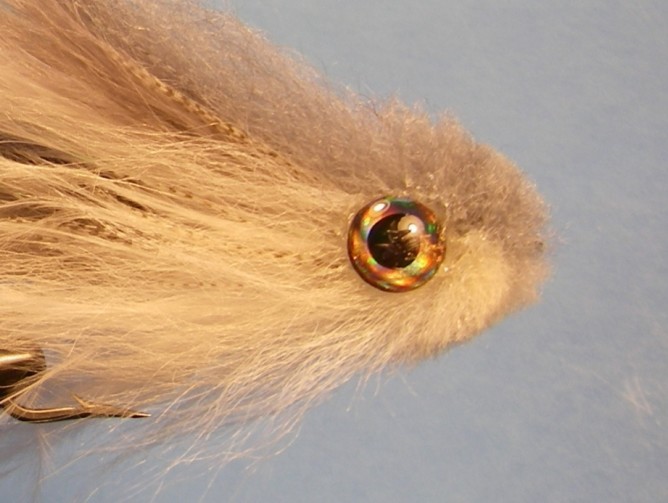
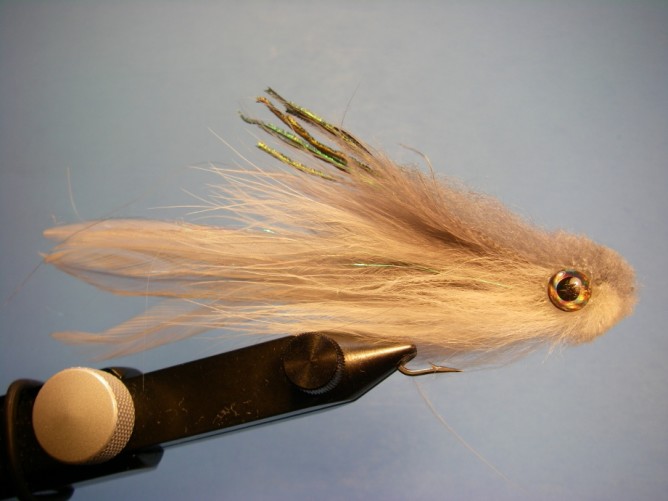
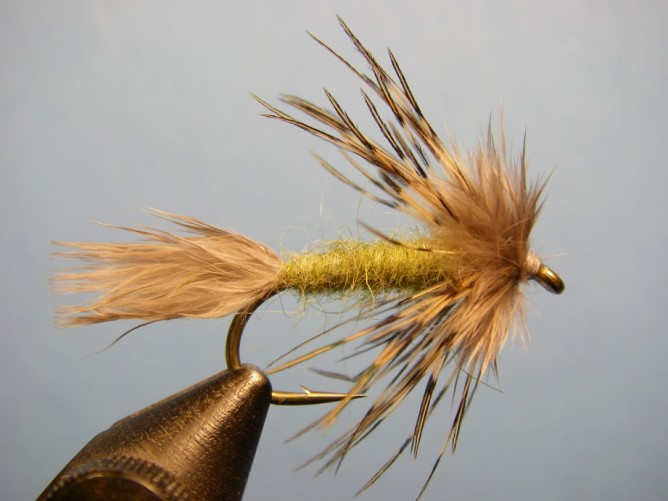
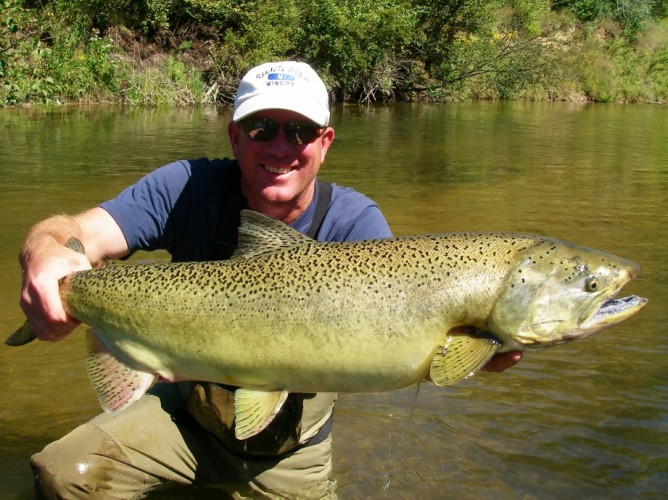
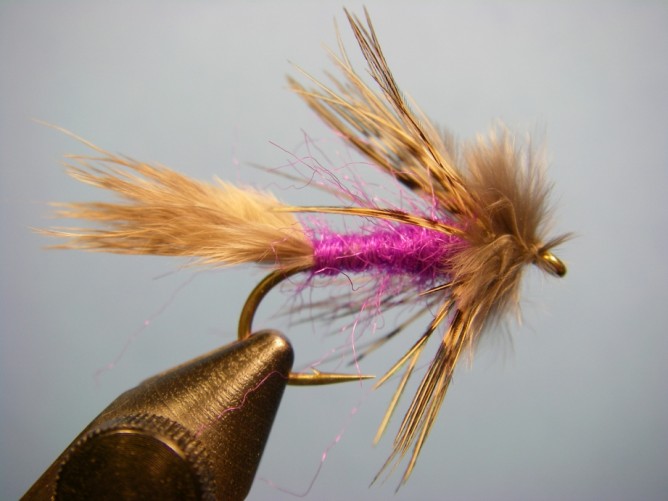 Recipe:
Recipe: